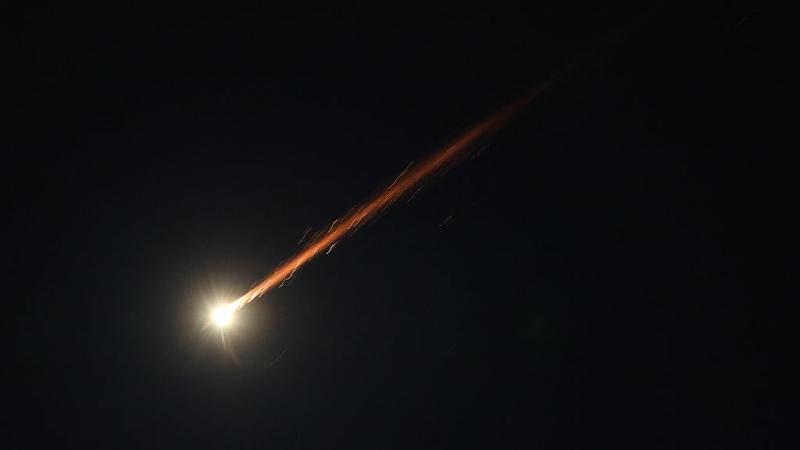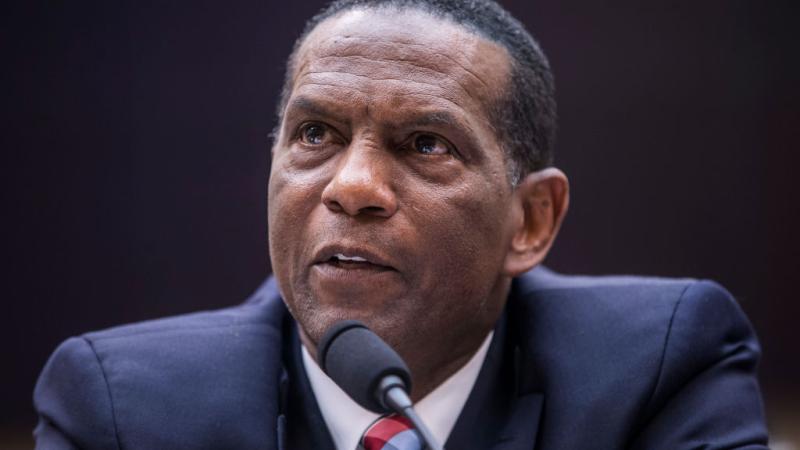Summary of FBI interview with Maltese professor undercuts origins of Russia probe
Joseph Mifsud told agents in early 2017 that he did not have advance knowledge the Russians had hacked Hillary Clinton's emails, undercutting a key allegation that started the Russia collusion probe.
During an FBI interview in early 2017, Maltese professor Joseph Mifsud undercut the allegation that set off the years-long Trump-Russia investigation, telling agents he did not have advance knowledge that Russians had hacked Hillary Clinton's emails and did not discuss the issue with Trump campaign adviser George Papadopoulos.
Papadopoulos became the putative catalyst for the FBI's Trump-Russia investigation after he allegedly told Australia's ambassador to Britain Alexander Downer in early May 2016 that Russia had compromising emails related to Hillary Clinton. Papadopoulos claimed to have received that intelligence from Mifsud (at least in the FBI's version of Downer's account of what Papadopoulos told him).
The FBI cited the Papadopolous claim as its rationale, or "predicate," for officially launching on July 31, 2016 the Crossfire Hurricane probe into now-disproven Trump campaign collusion with Russia to steal the 2016 presidential election. That counterintelligence investigation and the Robert Mueller criminal probe it morphed into would continue for roughly three years combined, dominating the American news landscape and severely undermining the first term of the Trump presidency.
Yet documents released late on Tuesday reveal the FBI had reason early on to doubt the claims about the Papadopoulos-Mifsud meeting.
The Twitter account of the attorney known only as Techno Fog on Tuesday night shared a snapshot of FBI interview summaries — known as 302s — in which federal investigators summarize a brief talk with Mifsud in February 2017.
Investigators write in the document that Mifsud during the interview "stated he had no advance knowledge Russia was in possession of emails from the Democratic National Committee ... and, therefore, did not make any offers or proffer any information to Papadopolous."
Mifsud and Papadopolous "spoke about cyber security and hacking as a larger issue," Mifsud is quoted as saying.
That interview came several months after the launch of the Trump-Russia investigation, meaning investigators may not have been aware of Mifsud's account of events prior to launching the inquiry.
Yet Mifsud's remarks came three months before the launch of the Mueller investigation —meaning federal investigators had knowledge that the entire investigation may have been based on what Mifsud called a "misunderstanding" but let the Mueller special counsel proceed for two years anyway.
The exchange between Papadopolous and Downer is widely acknowledged to have been the catalyst that led to the opening of the FBI's investigation into the Trump campaign. Papadopolous would ultimately plead guilty to lying to investigators regarding his contacts with Russian officials, though those communications were ultimately immaterial to the question of Trump-Russian collusion.
Mifsud, meanwhile, has essentially vanished from the public eye, though he is reported to possibly live somewhere in Italy.
The 302 released on Tuesday night, meanwhile, also notes that Mifsud, after his interview with agents, "emailed one of the interviewing agents with additional information."
















